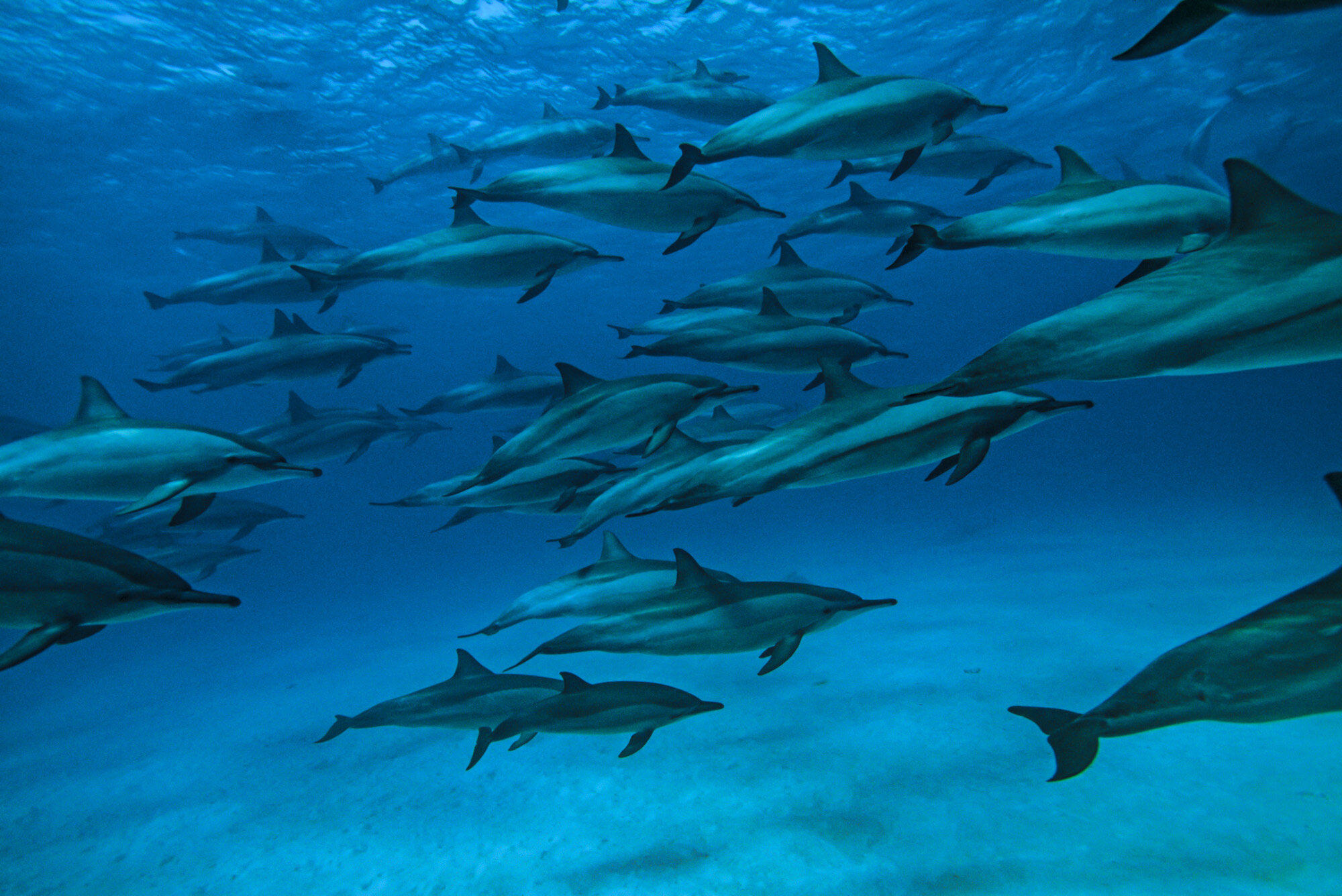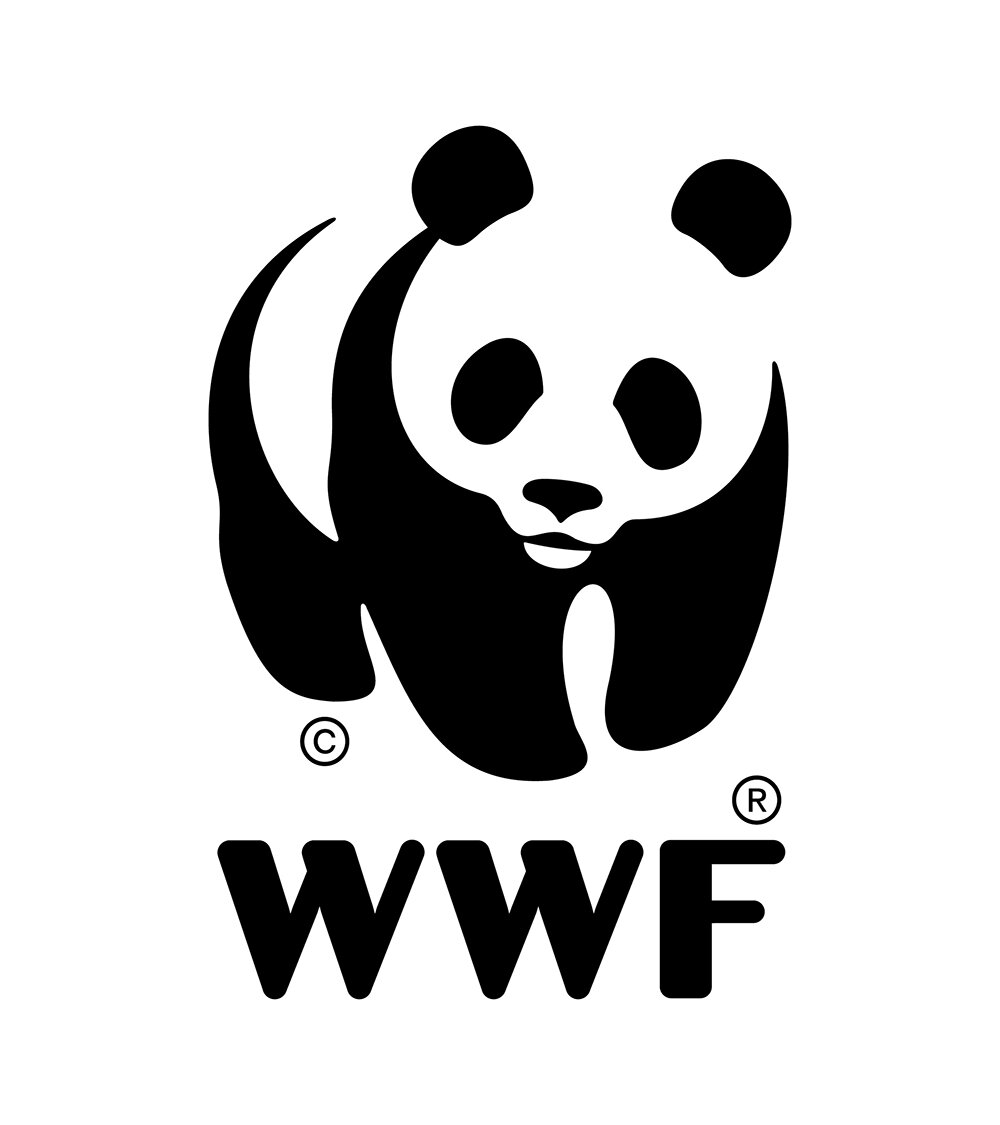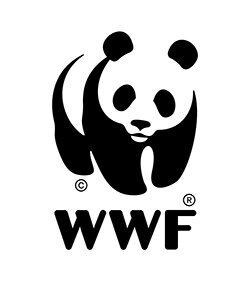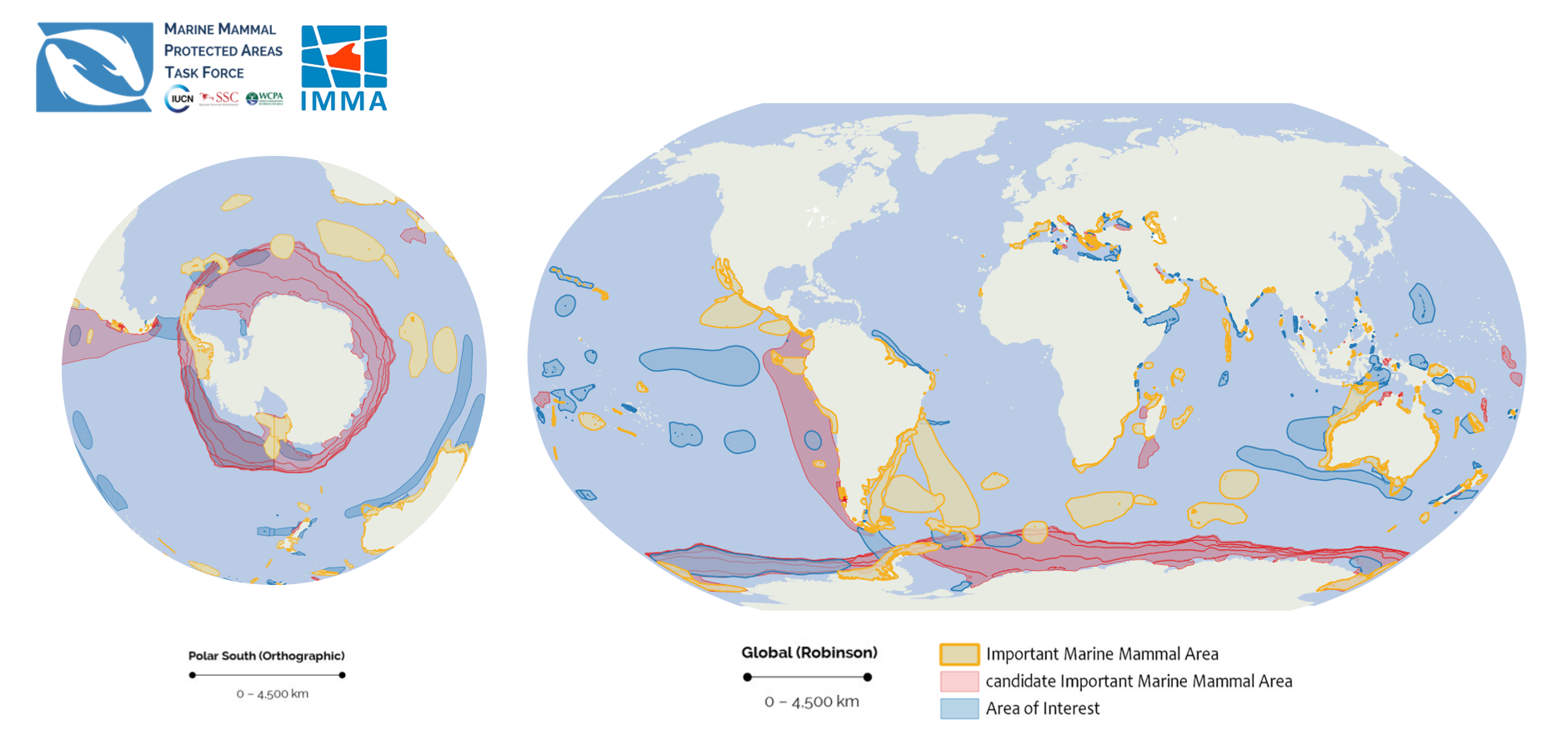
Latest news and stories about whale and dolphin conservation
Antarctica’s sea ice crisis: Climate change threatens Antarctic wildlife as sea ice levels drop
Antarctic sea ice provides refuge for a range of species, from tiny crustaceans like Antarctic krill to the largest penguin species – the emperor penguin, who rely on sea ice habitats for their survival. As the Antarctic environment experiences rapid environmental change, many Antarctic species are feeling the heat.
Record low sea ice signals need for swift and greater protection of Antarctica, warns WWF
WWF is calling on the Commission for the Conservation of Antarctic Marine Living Resources (CCAMLR) to prioritise the conservation of Antarctic wildlife and designate three new marine protected areas (MPAs) as sea-ice has declined to record lows, causing mass deaths of vulnerable species and potentially signalling Antarctica's shift to an unstable state.
International experts map critical habitats for whales and dolphins in the South West Atlantic Ocean, ready for further conservation and protection
Regional experts, along with the IUCN Marine Mammal Task Force, have identified and mapped 33 new Important Marine Mammal Areas (IMMAs) stretching from the Guianas, north of the Brazilian Amazon, to the tip of Tierra del Fuego, Argentina.
Antarctic Krill: Powering baleen whales in the Southern Hemisphere
You may not realize but an unlikely hero resides in the Southern Ocean, Antarctic krill. These tiny crustaceans, no larger than a paperclip, are critical to the Southern Ocean food web and feed a wide variety of species, including baleen whales, penguins, seals and many other marine wildlife, who depend on them to survive.
Uncovering whale superhighways in the Southern Ocean
Antarctica's majestic great whales have long captured the fascination of researchers, but studying these ocean giants is challenging. Technology is an indispensable tool in unravelling the mysteries of these enigmatic creatures.
Diminishing sea ice threatens delicate Antarctic ecosystem and raises alarms
WWF’s Chris Johnson, and a group of whale ecologists, including Dr. Ari Friedlaender from the University of California Santa Cruz, recently made the journey to Antarctica to conduct vital research.
New research: Krill availability impacts humpback whale pregnancies
New research shows reduced krill supplies lead to fewer pregnancies in humpback whales – a finding that could have major implications for industrial krill fishing.
Troubled waters ahead on Australia’s “humpback highway”
It’s a global conservation success story. Humpback whale populations, once hunted to near extinction, are bouncing back, so much so that right now, the Australian Government is assessing whether to remove the Humpback whale from its threatened species list. WWF has advised the government to hold off – for now, taking a precautionary approach and delaying this assessment by an additional five years. Chris Johnson, Global Lead for WWF’s Whales and Dolphins Initiative, explains why.









